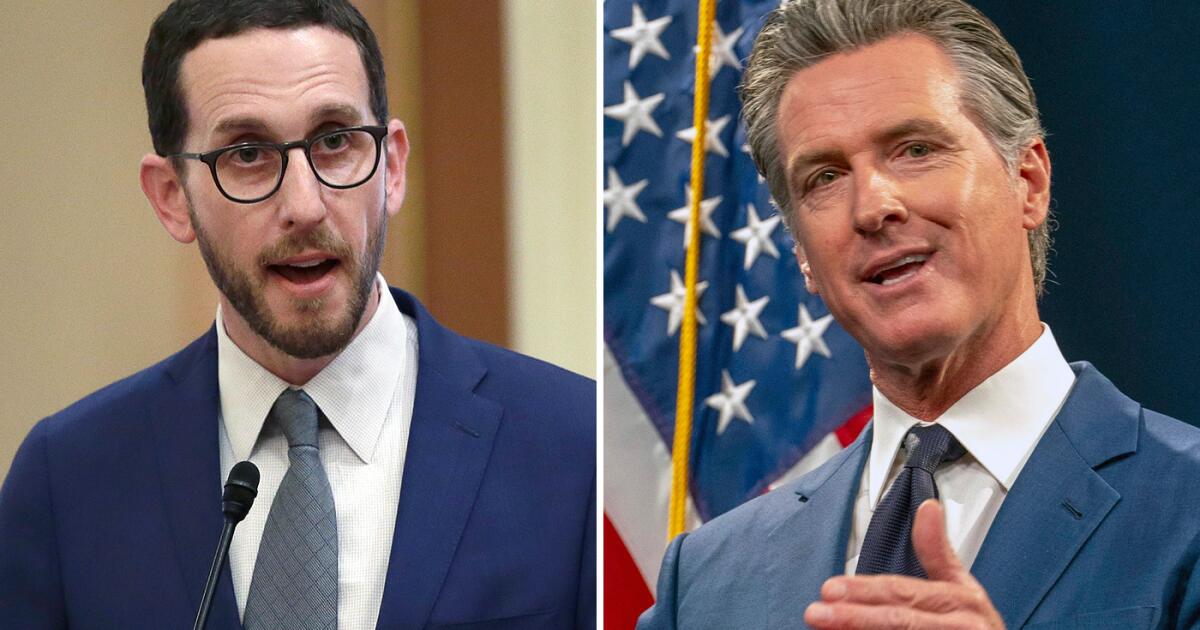This week marks four years since the Harvard Kennedy School’s most notable professors published an essay with the weighty title “How should the U.S. presidential candidates think about criminal justice reform?” Scan the headlines during the 2024 campaign, though, and you might find yourself asking whether either candidate thinks about criminal justice reform at all.
This year’s campaign is unfolding before a very different American public than the one outraged by the 2020 police killings of George Floyd in Minneapolis, Minnesota, and Breonna Taylor in Louisville, Kentucky. At the time, then-candidate Joe Biden made headlines for issuing so many far-reaching pledges about criminal justice reform that the Prison Policy Initiative couldn’t even track them all. Even Republicans were touting a successful bipartisan criminal justice reform law, the First Step Act, which was passed in 2018.
Whatever hope existed for criminal justice reform didn’t last long into the Biden administration, however. And while Vice President Kamala Harris has proven to be a trailblazer in her defense of reproductive freedom and LGBTQ+ rights, her campaign recently backpedaled on Harris’ prior support for sweeping criminal justice reform. To the party’s activist base, that sudden shyness about such reform looks a lot like Harris abandoning advocates in her race to the center.
It isn’t just Harris, either. But what changed?
Across the nation, Democrats at every level of government have suddenly lost their taste for talking about criminal justice reform. That’s due in large part to Republicans’ super-effective media smear campaign, which has managed to convince millions of Americans that crime is at record highs despite crime rates approaching a 50-year low under Biden.
Republicans’ messaging has proven so persuasive that even some Democrats have become strident “tough on crime” policy hawks. That includes New York Mayor Eric Adams, whose claims about crime are often detached from reality. And the GOP line is certainly working on voters, a majority of whom now believe crime is rising. With no Democratic messengers making the case for Biden’s success in policing, Republican fear-mongering goes largely unchallenged.
None of this is surprising to the Black community, which makes up a sizable chunk of the Democrats’ political base. Many of the ambitious city-level reforms put into place following Floyd’s death have been pared back or overturned in the years since. Those rollbacks often don’t make the national headlines—and justice reformers found they no longer had a warm welcome within Democratic elite circles.
Early this year, even progressive states like Oregon were mulling rollbacks to criminal justice reforms. Blue cities like San Francisco have gone so far that they aren’t just rolling back recent reforms—they’re implementing tougher criminal sentences that harken back to President Ronald Reagan’s presidency. And in 2022, New York’s legislature made headlines by gutting much of its bail-reform law, which it had passed in 2019, a year before Floyd’s death.
“Americans learned the lessons of ‘tough-on-crime’ politics the hard way,” Zoë Towns, the executive director of the nonprofit FWD.us, said in an email to supporters on Thursday. “Polling shows that voters—especially Black voters, young voters, and Latino voters—are sick of politicians playing politics with these issues and, instead, want to see real solutions on safety and justice.”
Harris now faces an electorate where reliable data on crime is often drowned out by far-right hoaxes about migrants eating peoples’ pets. But unlike in 2020, when Biden came out publicly and directly for many fundamental criminal justice reform policies, no national Democrat is giving voice to one of the party’s most reliable voter coalitions.
That doesn’t mean that organizations committed to criminal justice reform have given up. There are plenty of organizations producing solid data that undermines Republican lies about crime and criminals. The problem is that senior Democrats aren’t interested in having the conversation—including the Harris campaign, which has recently faced criticism for distancing herself from some of her prior pro-justice-reform positions.
The great irony is that Donald Trump is actually testing out a run to Harris’ left on criminal justice issues. Trump has recently started promoting the First Step Act in media interviews. And it’s true: The First Step Act has been a successful example of criminal justice reform in action. But it also highlights just how backward the GOP’s tough-on-crime rhetoric really is. The First Step Act is proof that criminal justice reform works—but few national Democrats are pushing back against Republicans’ glaring hypocrisy.
That should send alarm bells blaring at Democratic HQ. Last month, vice presidential nominee Tim Walz reminded voters that crime rates surged during the Trump years. But it’s going to take more than just Walz if Democrats want to get back on the offensive about crime and justice reform. It will take nothing less than a public declaration from Harris herself.
Democratic strategists I’ve spoken to predict there’s little chance Harris invites another fraught national conversation on race and criminal justice—especially not while trying to maintain her fragile national lead over Trump. For now, the criminal justice coalitions that helped propel Biden to the presidency over Trump in 2020 have largely resigned themselves to existing on the fringes of a Democratic Party that once celebrated their cause.
Earlier this year, polling by BSG on behalf of FWD.us found that 78% of likely voters still support pursuing major criminal justice reforms, and 61% said they would be more likely to vote for a candidate who supported reform. With Democrats fairly silent on one of their core issues, those voters may be left doubting Harris’ commitment to criminal justice reform actually is.
Harris could ease concerns among her base by speaking out. At the very least, she must condemn Trump’s cascade of fearmongering about crime rates by offering actual facts. Despite years of GOP propaganda, voters are still willing to give criminal justice reform another chance. But they need a presidential candidate willing to stand with them.
Campaign Action




















